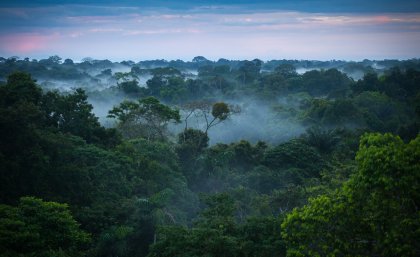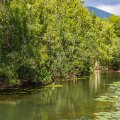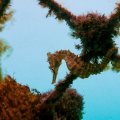
Scientists are calling for immediate action to secure the world’s remaining intact forests, with a study finding most are at serious risk of being lost in the near term.
University of Queensland and Wildlife Conservation Society researcher Professor James Watson said more than 80 per cent of forests were now considered ‘degraded’ from human and industrial activities.
“Without targeted strategies, current global targets addressing climate change, poverty, and biodiversity – including the United Nations’ Sustainable Development Goal of ending deforestation by 2020 – will fail,” Professor Watson said.
“Our research shows that a remedy is indeed possible. We just need to act to save the last remaining intact forests.
“These forests are the jewels in nature’s crown, and they are disappearing in front of our eyes, along with all the values they bring to humanity.”
Professor Watson, of UQ’s School of Earth and Environmental Sciences, said the measures required included establishing new protected areas, and targeting restoration efforts and public finance in those ecosystems that were still functioning and intact.
“There is ample evidence that intact forests are vital carbon sinks and habitats for imperilled wildlife and safeguard indigenous culture.
“Until now, policy makers could not differentiate between the ‘intact’ forests or degraded, fragmented, or clear-cut landscapes due to the lack of a uniform way of measuring their quality.”
The study showed that degraded forests become increasingly susceptible to diseases, fires, and erosion from weather events, climate change and additional human activity.
“This is a looming disaster for conservation, for climate change, and for some of the most vulnerable human communities on the planet,” Professor Watson said.
The study is published in Nature Ecology & Evolution (doi 10.1038/s41559-018-0490-x).
Media: Professor James Watson, jwatson@wcs.org, @cyclonewatson, +61 409 185 592.
.jpg)










